Be prepared, not scripted
The most powerful moments of your presentations are the unscripted ones.
Almost every piece of research about purchasing behaviour confirms the same thing: when people buy, they do so emotionally first, and justify their decision with post-hoc rationalisations second.
Your presentation is a golden opportunity to help them make a decision/commitment/purchase emotionally. You can provide the rationalisations later.
Did you know that the famous section of Martin Luther King's "I have a dream" speech—the bit that you can remember right now based on a mere mention of it—was unscripted? It wasn't that King didn't have a scripted speech; he did, and he'd already recited much of it. You almost certainly don't remember that section of his speech and, in fact, it's possible you've never even heard it.
Now, it's not that King had failed to think about what he wanted to say in his speech and realised half way through that there was more to add.
It's more that, in the first (scripted) half of the speech, he was sharing his ideas; in the second (unscripted) half of the speech, he was sharing himself.
Now, I do understand that comparing your next presentation about your team's new diagnostic tool (or whatever) to what was probably the greatest and most impactful speech of the 20th century is a bit of a stretch 😂. However, I think it's important to realise that what's critical in your next presentation is not that you carefully trot out a pre-prepared set of ideas in a specific order to explain a particular point. What is important is that you connect with the audience, so that they might connect with you.
If you're responsible for bringing revenue into your business, you need to know that in large part it's not the features and benefits of your service that make the sale, it's you. It doesn't matter if you're selling advisory services, legal advice, executive coaching or graphic design, your client knows there's at least three (and possibly fifty) other firms that could provide the same or similar service.
In fact, there's probably only one thing your firm has that the other firms definitely don't have: you.
Consequently, what matters most when you're on stage is you. Your energy. How the audience feels in your presence.
Ben McIntyre and I met when we were three years old (that's a 38 year friendship!). Ben owns BJM Digital, a design agency in Richmond, where he and his team do excellent work. Of course, they're not the only agency to design and implement digital strategies in the world. In fact, there's probably another 50 just in Richmond alone!
Why is BJM Digital thriving? I think it's because Ben brings energy, enthusiasm, levity, and insight to every interaction he has with their clients. Whether it's a phone call to get to know each other or a sales presentation to secure a massive contract, he shows up and shares himself genuinely and authentically. His clientele truly know who they're dealing with when they deal with Ben.
Which means they feel safe making a purchasing decision, which is the first (and by far the most significant) step to securing a sale.
It's almost impossible to bring your natural self to a presentation environment when you read from a script, which means it's almost impossible to create the environment for your audience to feel ready to buy from you.
Be prepared, but not scripted.
Photo by Elijah Ekdahl on Unsplash


